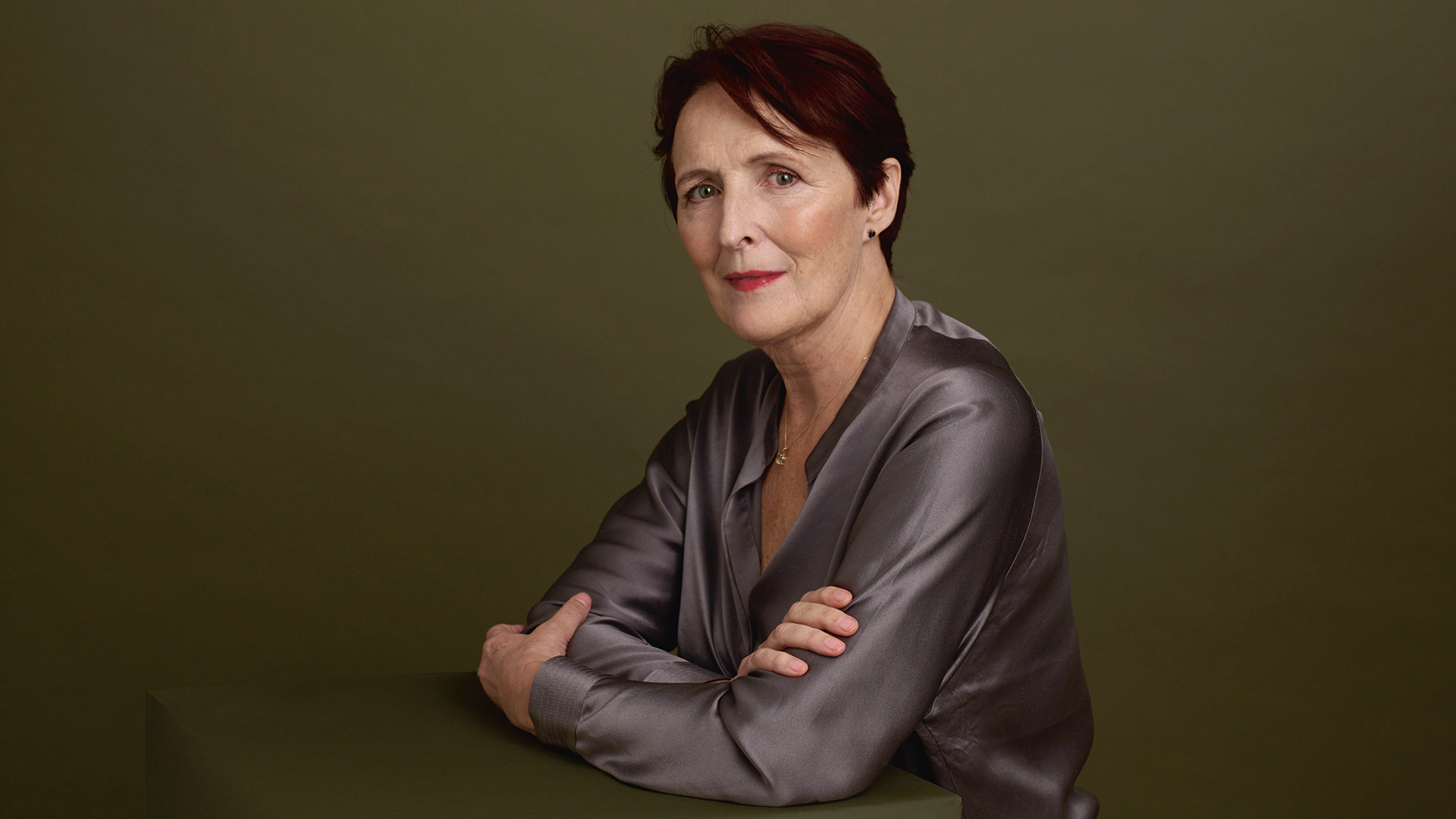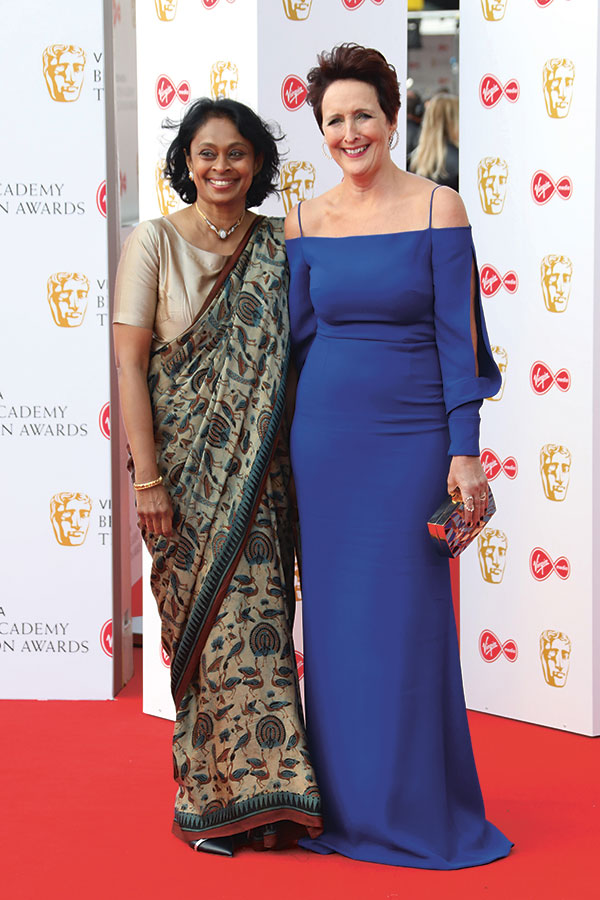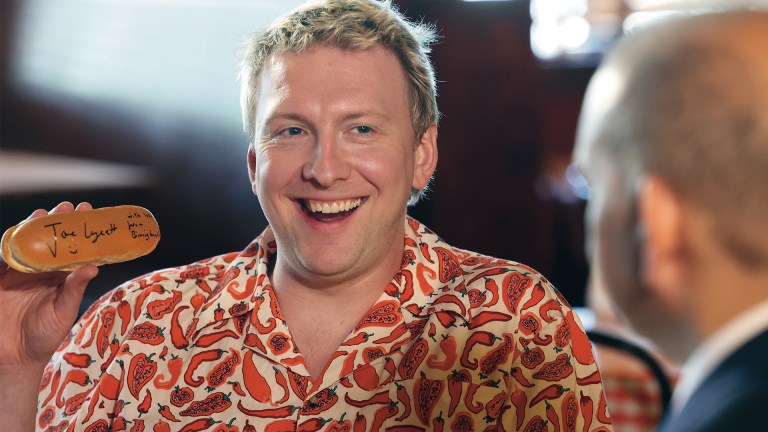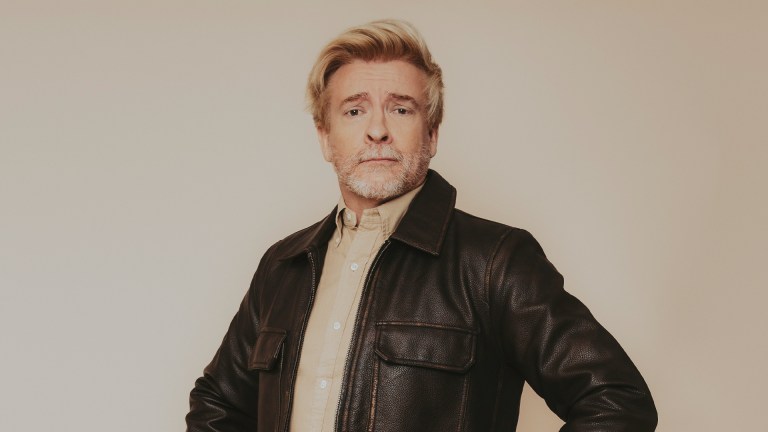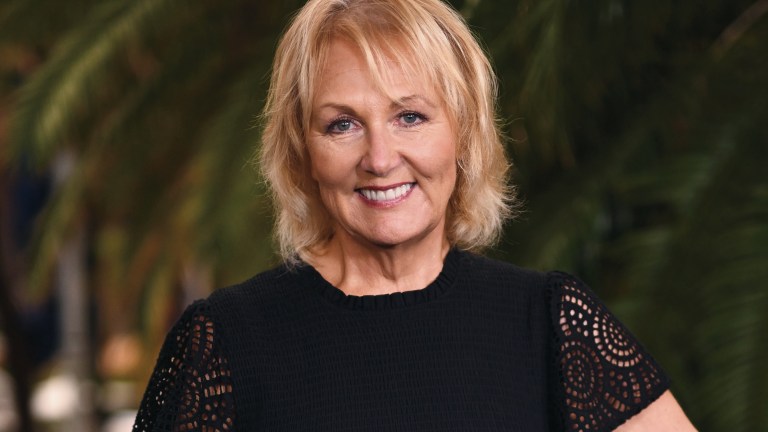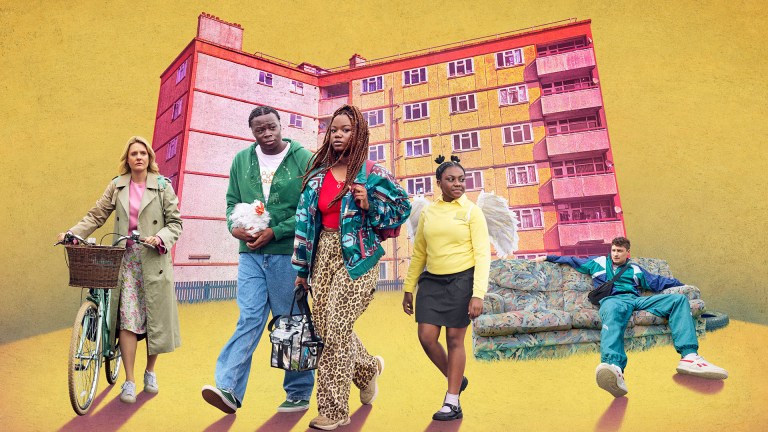At 16, I was really interested in tennis but I had no hopes of being a professional because my temperament was completely unsuited. I took lessons and my elder brother John was a good guide. But whenever I got to a final, I was so delighted by the theatricality of it I always lost. My mind would go entirely into entertaining the audience and not into winning points. I also struggled at the cello, which I loved, at the Municipal School of Music in Cork. But I did speech and drama there too, and that was my forte. So at least one of the three survived my adolescence.
Anxiety in teenage years is the most terrible thing. Like a lot of 16-year-olds, I was panicking. I wish I had relaxed more and not felt profound guilt when my report said I could do better. My dad was a doctor, my uncles and aunts were doctors, but I did not think I wanted to be a doctor. I would tell my younger self to have the confidence to look into the deep core of her heart. The right thing will unfold if you apply yourself to the thing you love.
I was trying on coats of life. I fell in love at 16 with a lovely man called Stephen who was at Oxford. The glamour of having a beau at Oxford! He would write postcards making literary allusions to university life. I wasn’t precocious, but I felt very heady about language. Meanwhile we had the holy Catholic Church and very strict parenting so there was a narrow gap in which I could be imaginative and full of yearning.
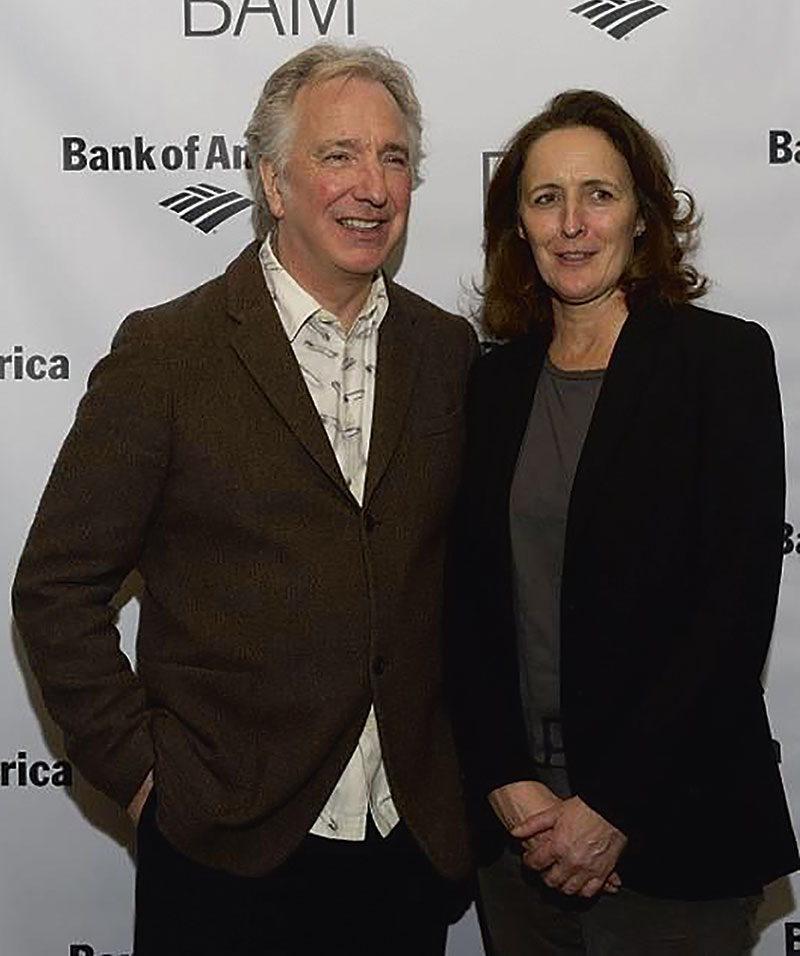
I wasn’t in any way gay until I was. One goes on developing. As a teenager, I was very modest in my romantic life. I had this wonderful boyfriend, then another, then later I became gay. It was a shock. I was full of self-hatred and thought I would come back into the fold shortly. But I just didn’t. I would tell my younger self you must be very gentle on yourself, you are not in control of those aspects of yourself and you mustn’t try to be.
My teacher told me I must go to Rada. I don’t think anyone in Cork had heard of Rada, but that became my plan. My father put a kibosh on it, saying I’d do nothing until I got a degree. There is a wider context – Ireland in the 1970s was a growing country and the education of women, which I feel strongly about, was on the rise. So it was good he said that. I read philosophy in an attempt to get a pure education that was not going to equip me for a task I had no intention of doing. I am now probably best at deciphering, unpicking and clarifying difficult texts. So I learnt an invaluable skill.
I had multiple lives after my teenage years. Going to Rada was seismic. I really left Ireland, in a way my contemporaries’ children now don’t leave home. I was embracing a new life, flatshares in Camden and Brixton. It was so different, so urban, so frightening. I had a new adolescence at Rada. We were physically stretched and pushed and pulled. By the end, I was much thinner and much more disciplined. I won the Bancroft Gold Medal [in 1982]. For somebody who was way behind – the principal said I’d smelt of libraries when I arrived – it was a huge boost. I went straight to the National Theatre and then the RSC.
